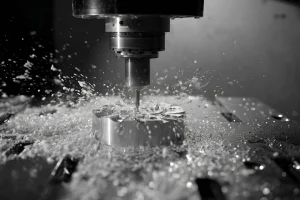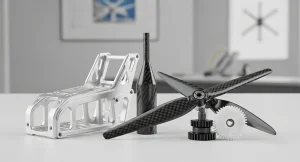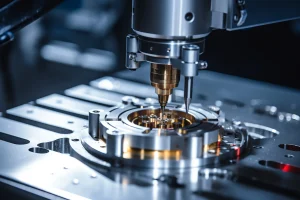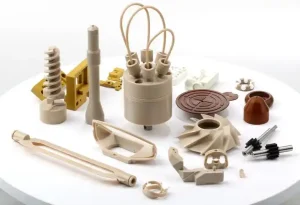In the world of manufacturing, precision and quality are paramount, especially when it comes to CNC machined parts. With the increasing demand for high-quality components across various industries, ensuring that CNC machined parts meet stringent standards is crucial. This article will explore the essential quality control and optimization strategies for CNC machined parts, helping manufacturers enhance their processes and deliver superior products.
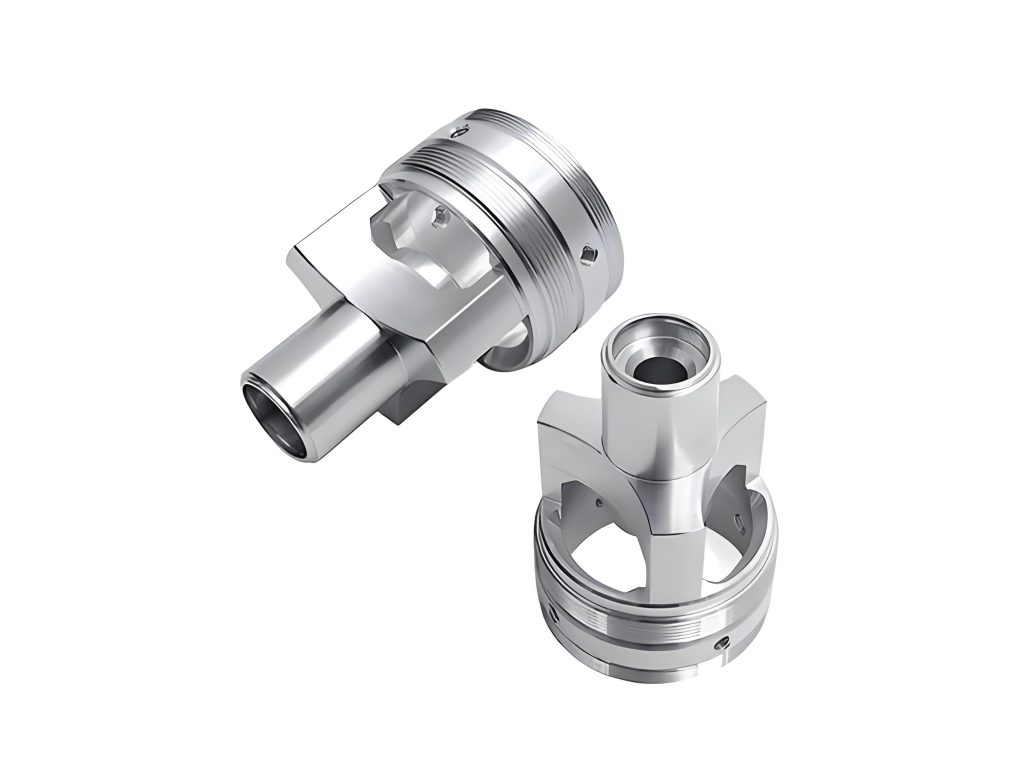
The Importance of Quality Control in CNC Machining
Quality control is the cornerstone of any successful CNC machining operation. CNC machined parts are used in critical applications, such as aerospace, automotive, and medical devices, where precision and reliability are non-negotiable. Effective quality control ensures that these parts meet the required specifications, tolerances, and surface finishes, reducing the risk of defects and failures.
Key Quality Control Measures
In-Process Inspection: Regular inspections during the machining process help identify and correct issues early. This proactive approach minimizes waste and rework, saving both time and resources.
Dimensional Verification: Using advanced measuring tools, such as coordinate measuring machines (CMMs) and laser scanning, ensures that the machined parts adhere to the specified dimensions.
Surface Finish Testing: Surface finish is critical for functionality and aesthetics. Techniques like profilometry and visual inspection help ensure that the surface meets the required standards.
Material Verification: Ensuring the use of high-quality materials is essential. Material certifications and testing help verify that the raw materials meet the required specifications.
Optimization Strategies for CNC Machined Parts
Optimizing the CNC machining process is essential for improving efficiency, reducing costs, and enhancing part quality. Here are some key strategies:
Process Optimization
Tool Selection: Choosing the right cutting tools for the job is crucial. High-quality tools with optimized geometries can significantly improve machining efficiency and part quality.
Feed and Speed Adjustment: Fine-tuning the feed rates and spindle speeds based on the material and tool characteristics can enhance tool life and surface finish.
Fixture Design: Properly designed fixtures ensure that the workpiece is securely held in place, reducing vibrations and improving machining accuracy.
Design for Manufacturability (DFM)
Simplifying Geometry: Designing parts with simpler geometries can reduce machining complexity and time. This approach also minimizes the risk of errors.
Standardizing Features: Using standardized features and dimensions can streamline the machining process, making it easier to achieve consistent quality.
Tolerance Optimization: Tightening tolerances only where necessary can reduce costs without compromising part functionality.
Lean Manufacturing Practices
Just-in-Time (JIT) Production: Implementing JIT principles helps reduce inventory costs and improve responsiveness to customer demands.
Kaizen: Continuous improvement initiatives can identify and eliminate inefficiencies in the machining process.
5S Methodology: Maintaining a clean and organized workspace can improve workflow efficiency and reduce the risk of errors.
Leveraging Technology for Quality and Optimization
In today’s digital age, technology plays a vital role in enhancing quality control and process optimization. Here are some ways manufacturers can leverage technology:
Advanced Software Solutions
CAD/CAM Software: Modern CAD/CAM software offers advanced simulation and optimization tools that can help identify potential issues before machining begins.
Quality Management Systems (QMS): Implementing a robust QMS can streamline quality control processes, making it easier to track and manage quality metrics.
Automation and Robotics
Automated Inspection Systems: Automated inspection systems can quickly and accurately verify part dimensions and surface finishes.
Robotic Machining: Robotics can improve precision and repeatability, especially for complex parts.
Choosing the Right CNC Machining Supplier
Selecting a reliable CNC machining supplier is crucial for ensuring high-quality parts and efficient production. Here are some factors to consider:
Experience and Expertise
Industry Experience: Look for a supplier with extensive experience in CNC machining, especially in your specific industry.
Technical Expertise: Ensure the supplier has the technical capabilities to handle your project requirements.
Quality Certifications
ISO Certifications: ISO 9001 and other relevant certifications indicate a commitment to quality and continuous improvement.
Industry-Specific Certifications: Certifications like AS9100 for aerospace or ISO 13485 for medical devices can provide additional assurance.
Customer Reviews and Testimonials
Client Feedback: Positive reviews and testimonials from other customers can provide valuable insights into the supplier’s reliability and quality.
Case Studies: Reviewing case studies can help you understand how the supplier has successfully delivered projects in the past.
RapidDirect: A Leading CNC Machining Supplier
RapidDirect is a renowned CNC machining supplier that offers a wide range of services, including CNC milling, turning, 3D printing, and injection molding. With a focus on quality and efficiency, RapidDirect provides cost-effective solutions for rapid prototyping and on-demand manufacturing. Their advanced manufacturing capabilities and commitment to customer satisfaction make them an excellent choice for your CNC machining needs.
Conclusion
Quality control and optimization are essential for ensuring the reliability and performance of CNC machined parts. By implementing effective quality control measures and optimization strategies, manufacturers can enhance their processes, reduce costs, and deliver superior products. Leveraging advanced technology and choosing a reliable supplier like RapidDirect can further elevate your CNC machining operations.



